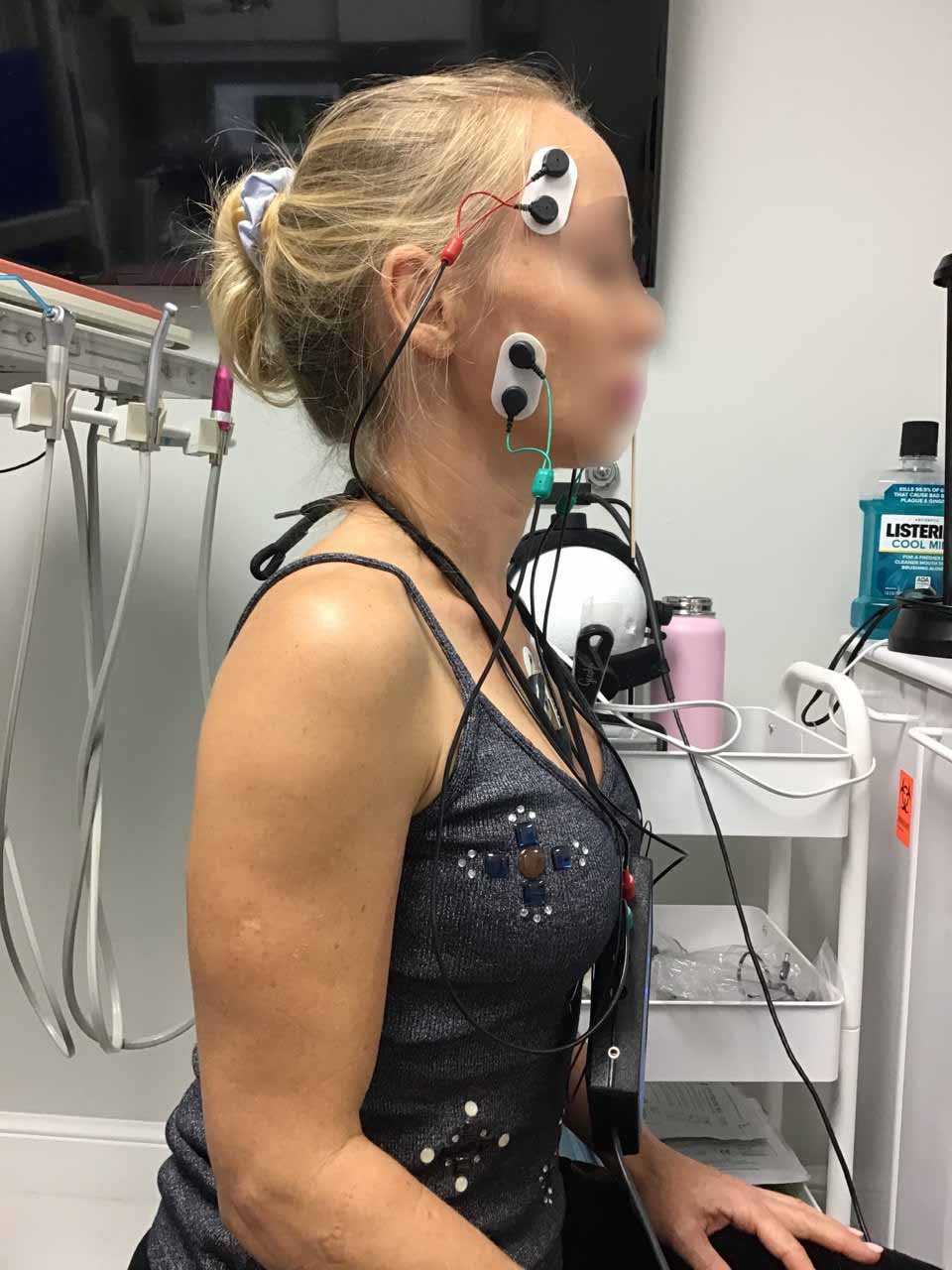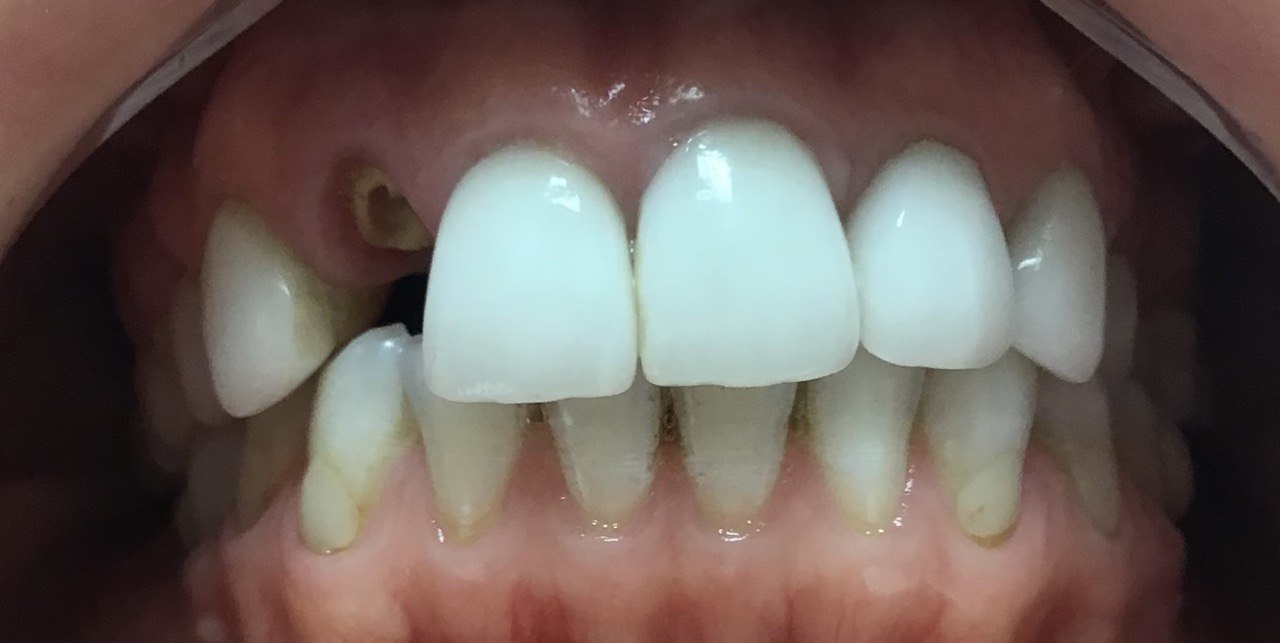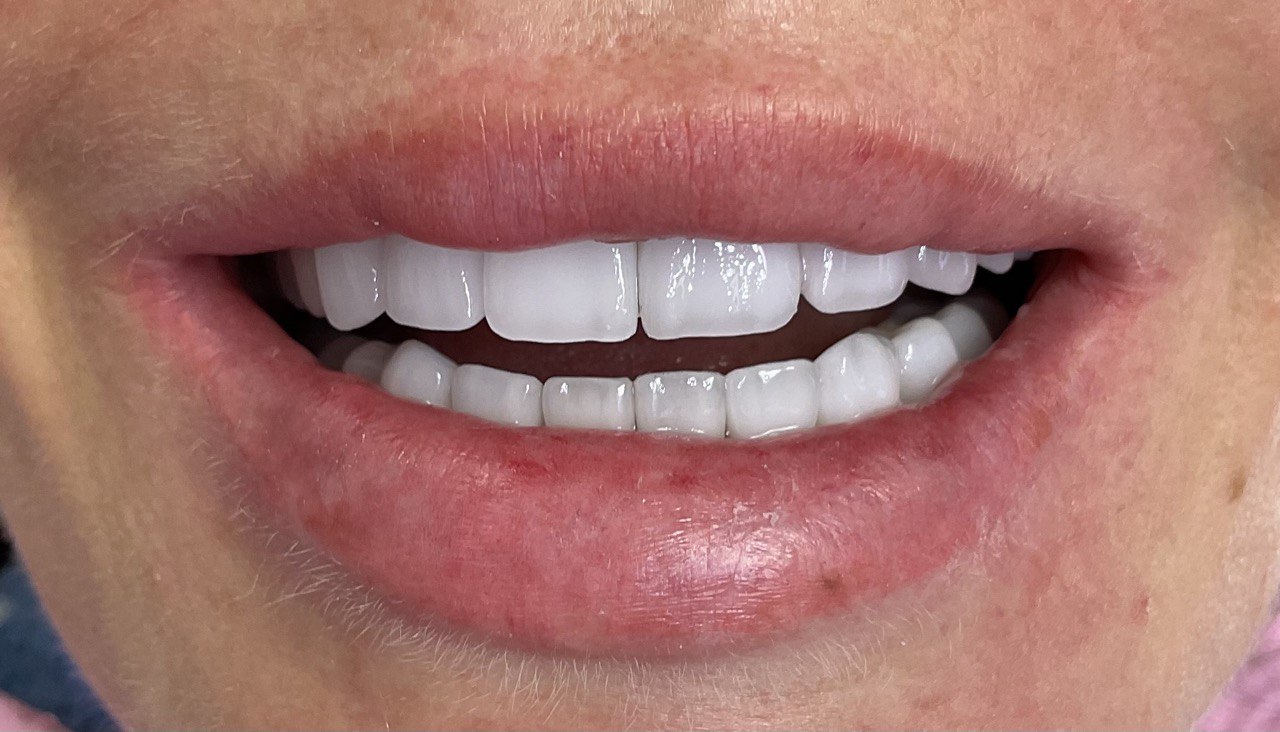BioPAK: The best tool for TMJ diagnosis
With BioPAK, modern neuromuscular dentistry offers a more in-depth approach to diagnosing TMJ disorders. Due to its wide range of applications, it is popular with leading dentists. What is the BioPAK system? How does it work? What problems does it solve?
What is BioPAK?
BioPAK is a computerized diagnostic system designed for analyzing the functional state of the stomatognathic system. BioPAK consists of the following components:
- BioEMG – Electrical myograph
- Bio JVA – Device for analyzing TMJ oscillations
- JT-3D – Mandibular motion analyzer
- T-Scan – Device for diagnosing occlusion
What problems does BioPAK solve?
The BioPAK system makes it possible to diagnose the following conditions:
Hypertonia of the craniofacial muscles
TMJ disorders
Teeth malalignment
Bite anomalies
One of many cases showing how the BioPAK diagnostic system is changing people's smiles by solving problems at the level of neuromuscular dentistry.
How does BioPAK work?
Our BioEMG myograph records craniofacial muscle activity during movement and when at rest. During diagnosis, electro sensors are placed on the surface of the face (in the area of projection of specific muscles). The signals received by the myograph are displayed on a computer.
The Bio JVA Vibration analyzer provides a clear graphic image of the compression waves produced by the temporomandibular joint. Using touch sensors, the device registers the vibrations that occur in the joint during movement and observes their intensity, duration, and frequency during the analysis.
The JT-3D analyzer records the movement of the point on the lower frontal units in three dimensions. The base of the device is easily and securely attached to the head (with no discomfort to the patient). In addition, a small magnet is attached to the front teeth of the lower jaw, which allows the doctor to assess the movement of the jaw in different directions (up and down, forward and backward).
The T-Scan device measures the degree of occlusion in all areas of the jaw at once, using ultra-thin sensors mounted on a thin plate (the patient clamps the plate with their teeth).

The patient does not experience any pain or discomfort during the procedure. The components of the BioPAK system are easily placed and just as easily removed.

Doctor’s opinion
Once diagnosis is complete, a professional with specialized training in analyzing BioPAK scans establishes the correct diagnosis.
It is important to note that only a special technical laboratory has all the tools necessary to properly decipher the results of a BioPAK diagnosis. In the USA, there are only two of these laboratories. Svetlana Dental & Esthetic Center closely partners with them to obtain prosthetic structures tailored to each individual patient.
Benefits of BioPak
The BioPAK system provides a full picture of the condition of the craniofacial muscles and other elements of the maxillary system. With the help of this modern technology, specialists at Svetlana Dental & Esthetic Center determine the most correct physiological occlusion for each patient before commencing treatment.
So, what results do we achieve with BioPak? With BioPak, we relieve the patient from unpleasant symptoms, achieve aesthetic rehabilitation, restore the function of the entire dentofacial system, and thus prevent the development of general pathologies of the body (musculoskeletal system disorders, apnea, decreased vision, CNS disorders, etc.).
Frequently Asked Questions
At Svetlana Dental & Esthetic Center, Dr. Svetlana is your trustworthy doctor when it comes to treating TMJ. She helps patients in the most difficult clinical cases and eliminates pain and other unpleasant symptoms. She will prepare an individual treatment plan to make your smile attractive and, most importantly, healthy.
Most patients with TMJ (Temporomandibular Joint) pathologies complain of such symptoms such as:
- Wedge-shaped defects or erosions in the cervical area of the teeth
- Increased tooth wear
- Underbite and disproportion of the lower face
- Fatigue, hypertonicity of the maxillofacial muscles
- Soreness and crunch in the joint
- Difficulty opening the mouth
- Noise and pain in the ears
- Frequent headaches

